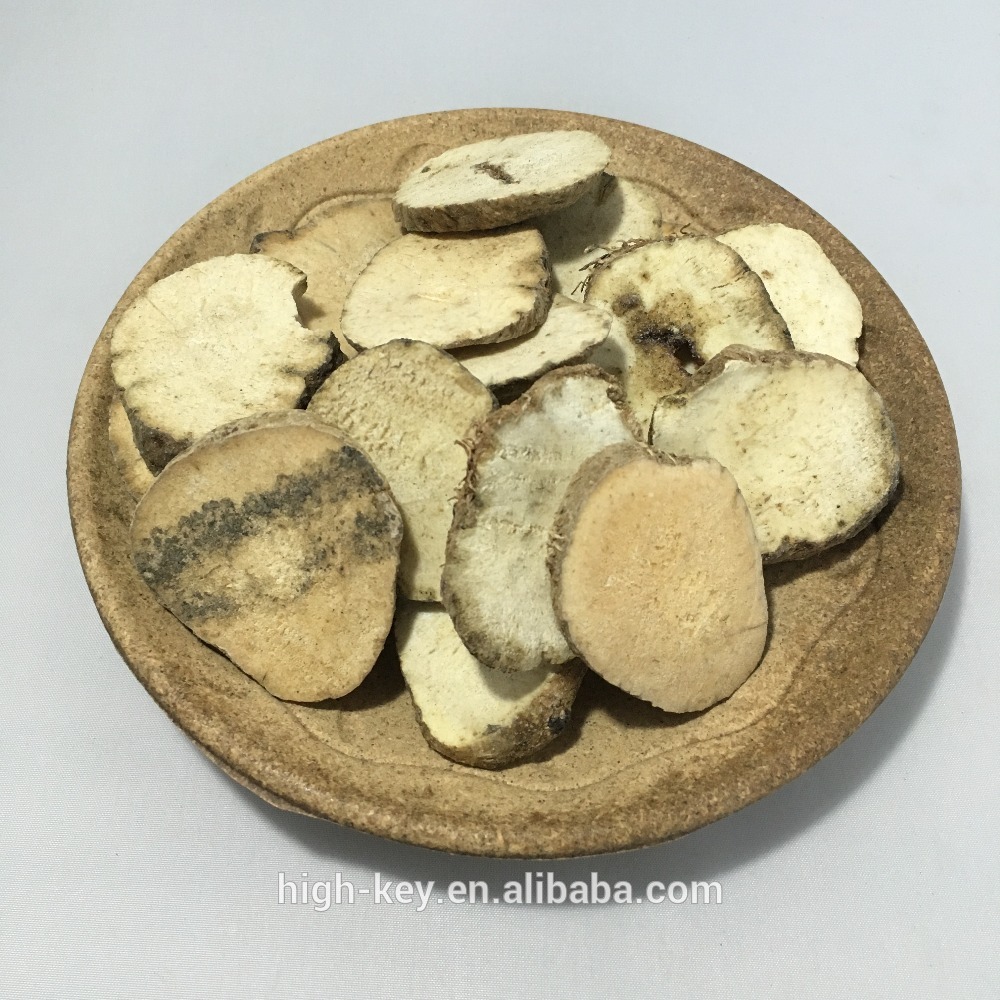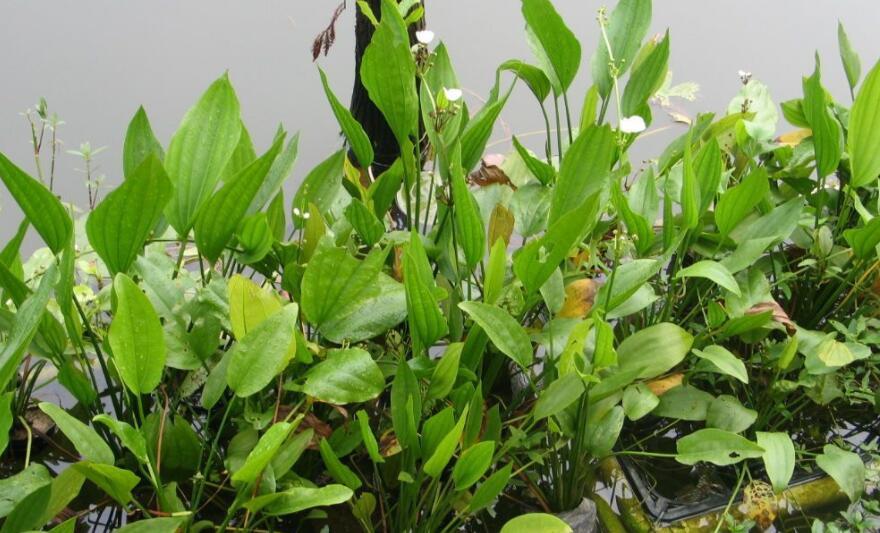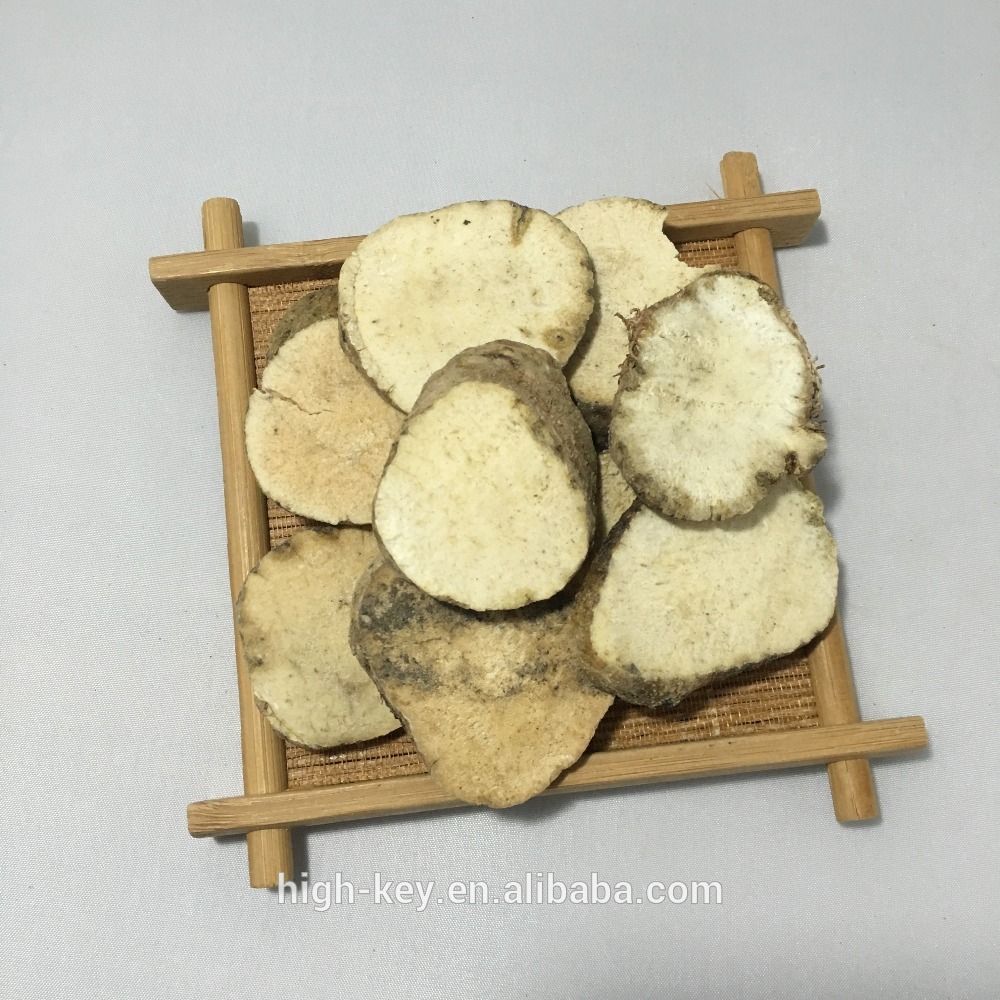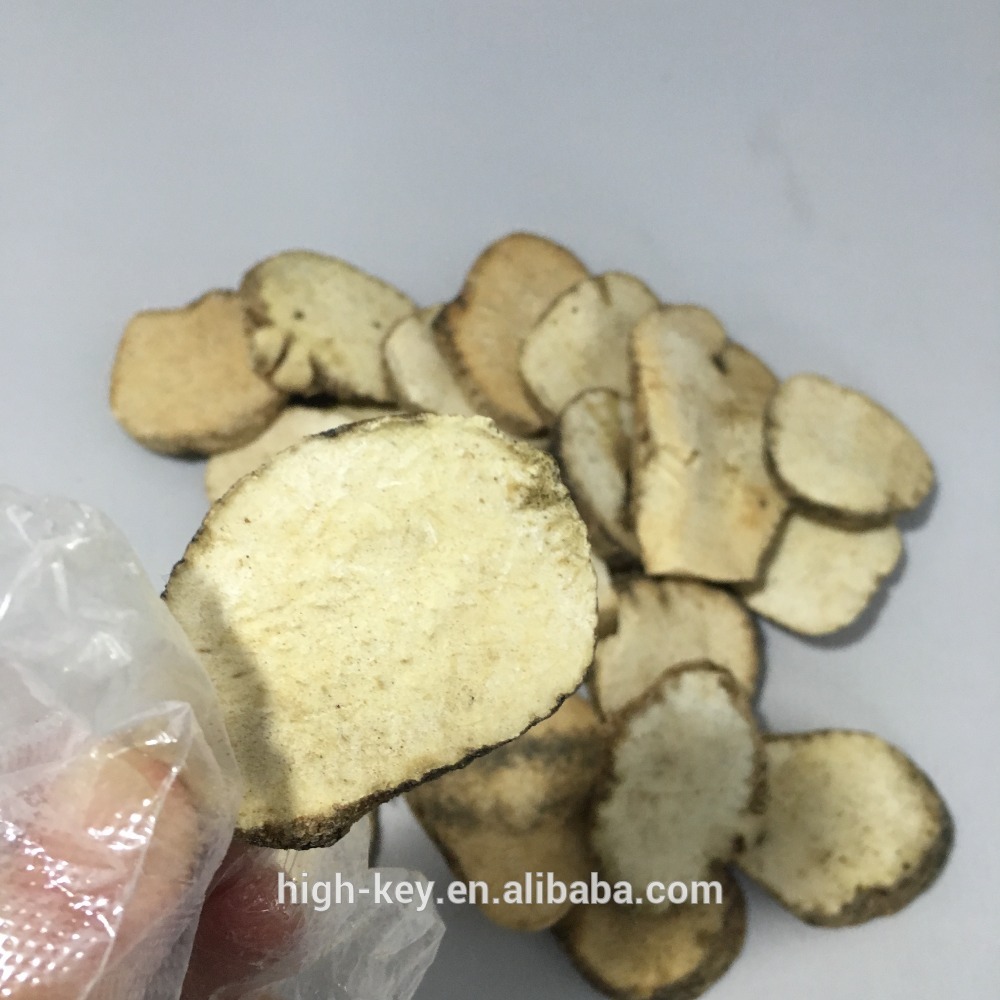
Alisma Plantago-Aquatica
(also known as Water Plantain, Alisma, or simply "Zexie" in Chinese)
is a perennial herbaceous plant that belongs to the family Alismataceae.
It is native to wetlands and shallow water bodies across Asia, Europe, and North America.
The plant typically grows in marshes, ponds, ditches, and other freshwater habitats where it can spread its roots in the muddy substrate.
The Alisma plant is recognized for its distinctive round, flat leaves that float on the water's surface, often resembling lily pads.
These leaves are green with long petioles connecting them to the rhizomes beneath the water.
The flowers of the Alisma are small and inconspicuous, growing on a long stem above the water's surface during the blooming season.
In traditional Chinese medicine, Zexie is primarily used for its diuretic properties.
It is believed to promote urination and help in the treatment of various kidney and urinary conditions such as edema, high blood pressure, and urination difficulties.
The plant is also used in combination with other herbs to treat liver and spleen disorders according to traditional theories of organ interrelation.
Modern scientific research has shown that Alisma contains compounds like Alisol B 23-acetate and Alisol C 23-acetate
which may contribute to its pharmacological effects. However, more clinical studies are needed to fully understand its mechanisms and efficacy.
It is important to use Zexie under the guidance of a professional,
as incorrect usage or dosage can lead to side effects such as electrolyte imbalances and dehydration due to its diuretic action.
Proper preparation and dosage are crucial when incorporating Zexie into traditional medicinal practices.



![]()






